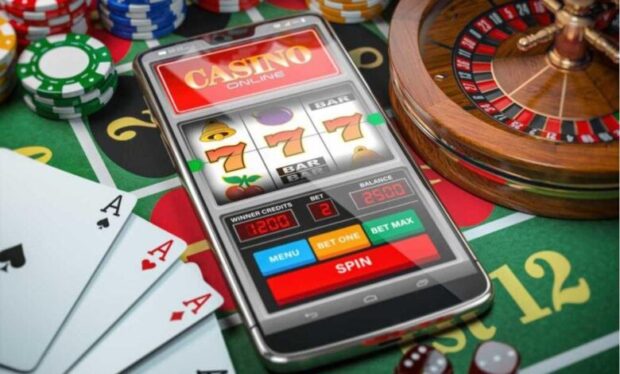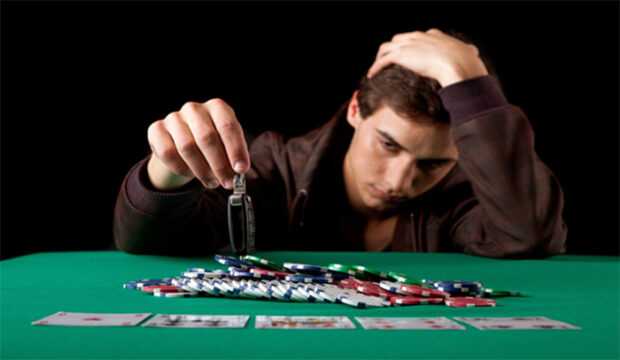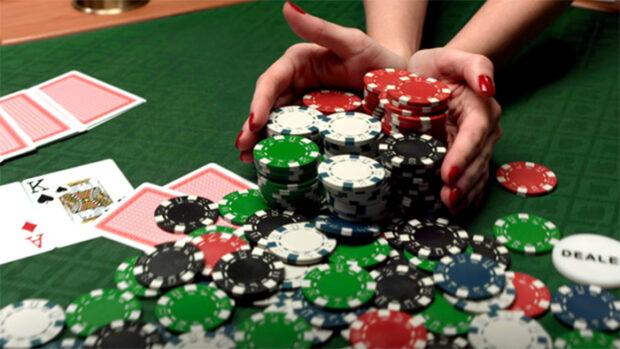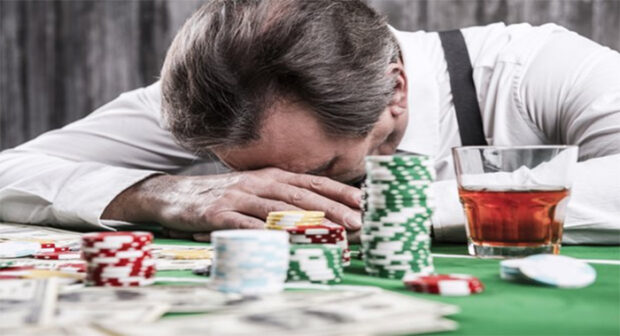
Compulsive gambling is a disorder that renders a person helpless in terms of controlling their gambling activities. Its side effects are usually hard on the person and may include but are not limited to depression, failed relationships with loved ones, and even bankruptcy.
What are the Signs of Compulsive Gambling?
Not every gambler has a gambling problem. Some even engage in gambling as a regular pastime. How then do you diagnose compulsive gambling? Well, it’s not that hard, because people with a gambling problem usually:
1. Obsessed with gambling
People with a gambling problem find it hard to take a break from gambling. That means they cannot allocate time for family and friends, sometimes going to the extent of forgetting to take care of themselves.
2. Unable to stop gambling
People with a gambling problem cannot control their gambling behavior, often leading them to misuse their financial resources. They might even go to the extent of borrowing money to gamble.

3. Chasing losses
People with gambling addiction do not know how to handle a loss. Instead, frustration fuels them to gamble more to recover losses.
4. Extremely secretive about their gambling activity
Such people might find it hard to reveal their gambling activity to family and close friends. That’s because they are afraid of being judged, probably because of spending a large of money on gambling.
Can Compulsive Gambling Be Cured?
The definitive answer to this question is yes. Although it might not be easy, especially in advanced stages, it is possible to recover from compulsive gambling through:
1. Therapy
Behavioral therapy tries to reverse the thoughts and behaviors that lead to compulsive gambling in the first place. Trying to mend the compromised relationships and encouraging interactions with others is a crucial part of this remedy.

2. Medication
Medication might seem farfetched, but yes, over-the-counter prescriptions for compulsive gambling are available. These are often antidepressants, which are super effective when used in tandem with therapy.
3. Self-help
With early detection of compulsive gambling through self-diagnosis, you can dig yourself out of the pit of compulsive gambling in several ways. The first way is through dozens of self-help articles published online that clearly illustrate treatment for compulsive gambling. Some of these are brought to you courtesy of secure online casino sites that care enough about their customers to partner with credible gambling control bodies. Moreover, you can choose a casino that has a responsible gambling policy, meaning you can set a limit on the money you can spend daily/weekly/monthly to prevent losing huge sums. Some casinos will simply freeze your account if you exceed the set limit.
Second are self-help groups, where victims can share their ordeals while learning from others & professionals as well. The third and final is seeking help from a financial counselor who can help you sort out your money management issues.
What are the Triggers of Compulsive Gambling
Although triggers vary from one person to the next, researchers have identified compulsive gambling behavior and relapse catalysts common from one case to the next. They include:
1. Financial problems
For many, gambling might seem like the quickest way to get out of financial problems. After all, isn’t gambling one of the fastest ways to earn a quick buck?
2. The surroundings
Your surroundings may encourage you to gamble in one way or another. If you are always around gamblers, for instance, chances of you being a gambler are high.
3. Emotional stress
After an emotional ordeal, some people may resort to gambling to distract themselves. Emotional stress can be caused by disappointment from a breakup, the loss of a loved one, job loss, and more.
4. Other existing forms of addiction
A person with an existing addiction, let’s say drug addiction, is more prone to developing a gambling problem.

Responsive Measures by Casinos to Combat Compulsive Gambling
As a requirement, reputable casinos have placed measures to help prevent their customers from developing compulsive gambling behavior. Some of these measures include:
1. Self-exclusion programs
With self-exclusion, gamblers choose to allow the casino to ban them from gambling. To self-exclude, navigate to the self-exclusion section and follow the enrollment instructions. Self-exclusion periods usually range between 6 and 12 months and must be respected without exceptions.
2. Deposit limits
As mentioned above, players who suspect they might have a gambling problem may set a gambling limit for themselves. That means they can only deposit a certain amount of cash to a given casino. A player can, for instance, decide to commit to a $50 deposit limit per day. In such a case, any attempt to deposit more than $50 will not go through.
3. Reminders
Some casinos may have notifications that remind their customers how much time they spend playing in the casino. Of course, it is possible to set the timing between one reminder and another.
As you can see, most of these measures are more or less dictated by the casino player himself. It is up to you to abide by any set restrictions to prevent a gambling problem from developing.
















